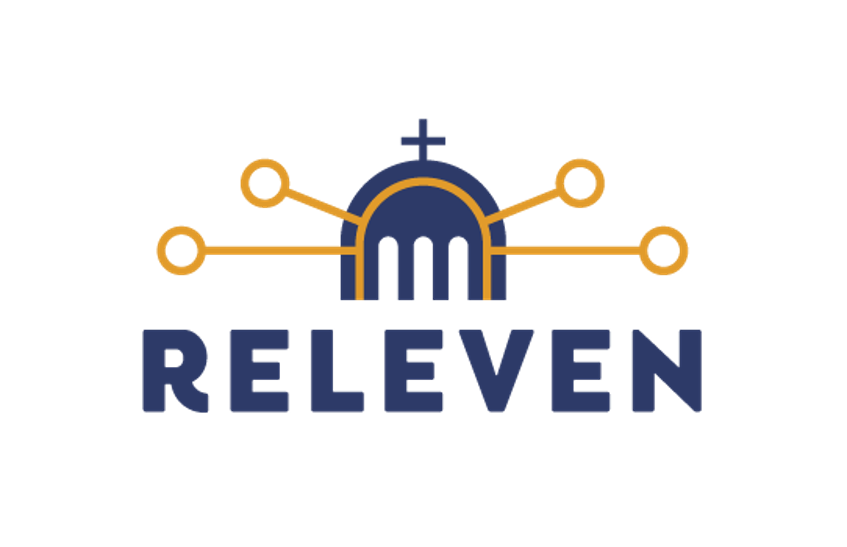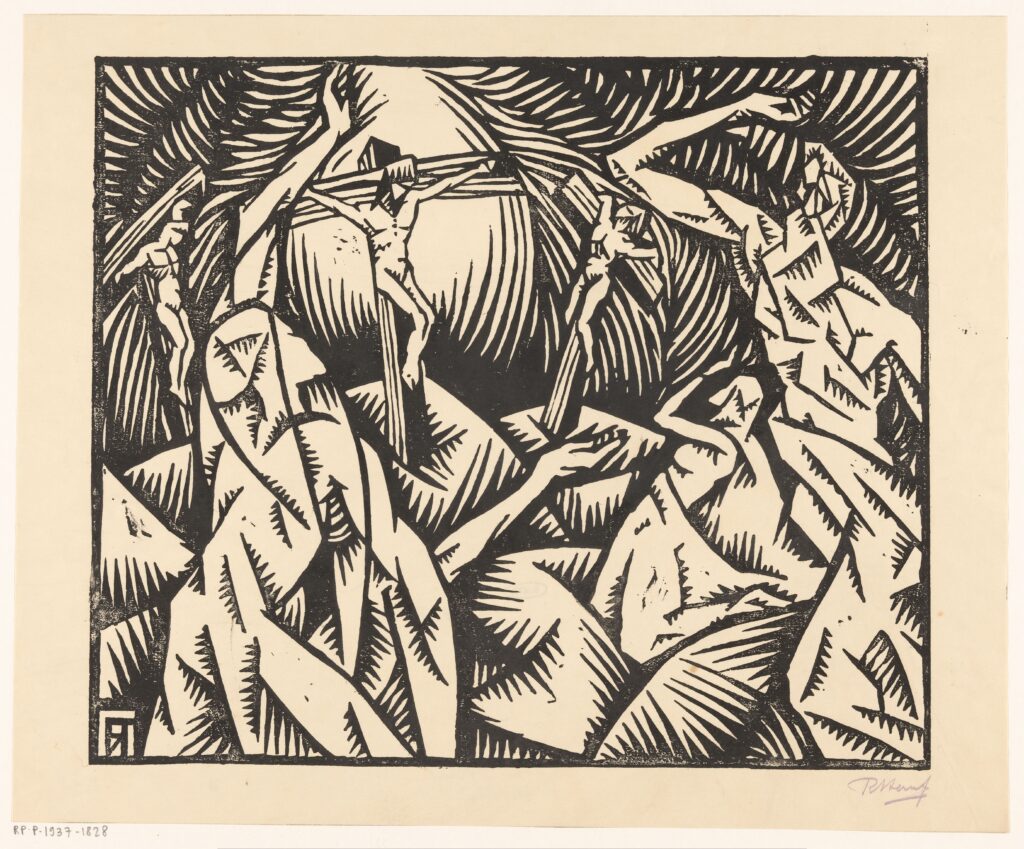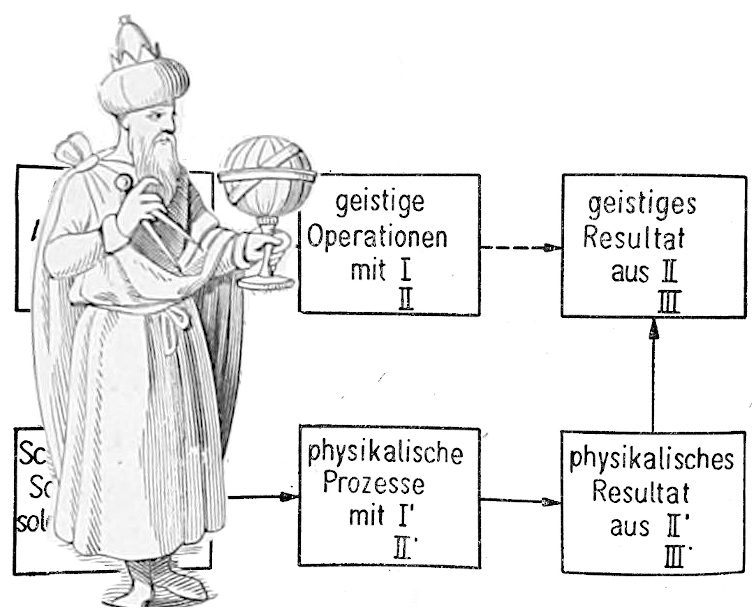We are most pleased to welcome you to our upcoming CREATE Symposium on Historical Uncertainties.
Date: Thursday, 12th of May, 2022
Time: 15:00 – 17:00 CET
Add it to your agenda: Calendar Invite
This will be a hybrid event:
Physical Location: 0.16, BG1, Turfdraagsterpad 9, 1012 XT Amsterdam
Virtual Location: zoom link
If you intend to be there in person (which would be lovely),
Please let us know by filling in this form.
Language: English
Chair: Charles van den Heuvel | Professor of Digital Methods in Historical Disciplines, University of Amsterdam
Post the salon, we will move to the Brakke Grond Cafe to continue conversations over drinks followed by optional dinner!
We look forward to seeing you!
Fact, fiction or just claims?
Modelling historical information as assertions in the RELEVEN project
Tara Andrews | University professor of Digital Humanities, University of Vienna

The RELEVEN project attempts to cast a clearer light on the events of the “short eleventh century” (c. 1030–1095) and specifically to get a better understanding of the ways in which the Christian world was perceived by its inhabitants at the time, particularly in the eastern half of Christendom but also to the north, where the faith had rapidly been expanding. The key to achieving this is to find a way to link and connect large amounts of disparate sorts of information and to model different, and even conflicting, perspectives about what this information tells us. In this talk, Prof. Andrews will present the assertion-based approach to the problem that she and her team are developing and discuss some of the decisions they have made about modelling different sorts of assertions from contemporary and modern actors as well as interpretation of material sources
Some Reflections on Historiographical Uncertainty and Computational Modelling
Michael Piotrowski | Associate Professor of Digital Humanities, University of Lausanne
Even though we still lack general solutions, it is widely acknowledged in digital humanities that historical information is always fraught with uncertainty. There is, however, another type of uncertainty, which is often overlooked: historiographical uncertainty, which stems from the fact that unlike the past, history is always a construction. Historiography tries to create a meaningful narrative—a causal model—from the extant information. But it is always uncertain, as we have no way to verify its accuracy.
The project “Towards Computational Historiographical Modelling: Corpora and Concepts” (funded by the Swiss National Science Foundation) aims to contribute to theory formation in digital humanities by examining some of the most important epistemological issues in digital humanities and to thus help to advance digital humanities from project-specific, often ad hoc, solutions to particular problems to a more general understanding of the issues at stake.


